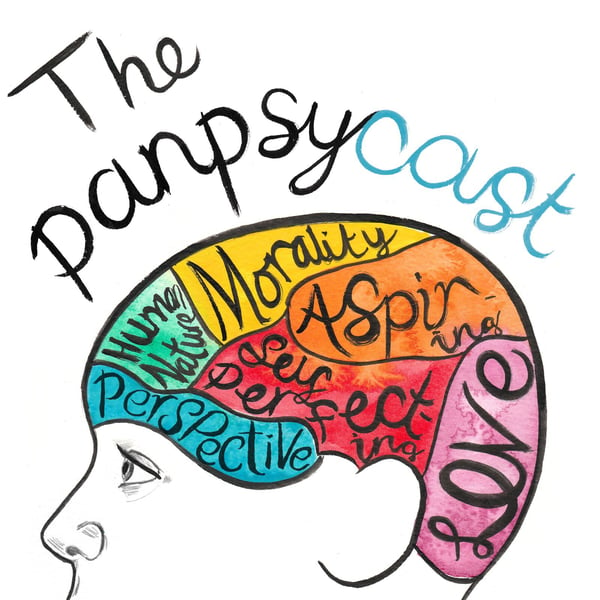Episode 69, ‘Galileo's Error’ with Philip Goff (Part II - Further Analysis and Discussion)
The Panpsycast Philosophy Podcast
Jack Symes | Andrew Horton, Oliver Marley, and Rose de Castellane
4.8 • 604 Ratings
🗓️ 24 November 2019
⏱️ 56 minutes
🧾️ Download transcript
Summary
Galileo Galilei is widely considered to be the father of modern science and one of the greatest philosophers to have lived. Galileo played a pivotal role in the developments of the scientific revolution, overturning key tenets of Aristotelian physics and most significantly, advocating mathematics as the language of science. For Galileo, the physics of the past was plagued with unhelpful sensory qualities like colours, tastes, smells and sounds; for science to make progress, he thought, ‘the book of the universe’ must be written in a purely quantitative language.
For Durham University’s Philip Goff, this was Galileo’s Error. The hard problem of consciousness was born when Galileo stripped consciousness away from the scientific picture. Somehow, we must find a way back. We must lay the foundations for a new science - a new science of consciousness.
Contents
Part I. Foundations for a New Science of Consciousness
Part II. Further Analysis and Discussion
Transcript
Click on a timestamp to play from that location
| 0:00.0 | Pan |
| 0:01.3 | Pan |
| 0:02.2 | Psychist |
| 0:04.3 | Part two, further analyses and discussion. Part two, further analyses and discussion. |
| 0:24.5 | So in the last section, Philip, we spoke about the motivations for what you call |
| 0:28.5 | a new science of consciousness or new foundations for the science of consciousness. |
| 0:32.6 | And your solution seems to be something like panpsychism or rustleimonism. |
| 0:37.3 | Now, we spoke to Daniel Dennett quite a while ago since having you last on this. seems to be something like panpsychism or russalian monism. |
| 0:42.0 | Now, we spoke to Daniel Dennett quite a while ago since having you last on the show, |
| 0:48.0 | and he was discussing yours and David Chalmers' work in this area of panpsychism and so on. |
| 0:55.6 | And he had a criticism which was essentially that the thing you're trying to explain, i.e. consciousness, |
| 1:01.1 | isn't explained by you radically rethinking understanding of the universe. |
| 1:04.1 | And he compared it with something he calls pan-niftyism. |
| 1:08.1 | I'll just play you the clip of Dennett discussing this in the episode. Compare pan-psychism with a view that I'm inventing right now, which I call pan-niftyism. |
| 1:16.6 | Okay. |
| 1:18.1 | Everything is nifty. |
| 1:20.4 | Every electron, every photon, every grain of sand, every tree, every bush, everything is nifty. |
| 1:27.1 | What follows from that? Nothing. Mm-hmm. in the sand, every tree, every bush. Everything is nifty. |
| 1:29.3 | What follows from that? |
| 1:29.8 | Nothing. |
| 1:33.0 | What follows from panpsychism? |
| 1:33.4 | Nothing. |
... |
Please login to see the full transcript.
Disclaimer: The podcast and artwork embedded on this page are from Jack Symes | Andrew Horton, Oliver Marley, and Rose de Castellane, and are the property of its owner and not affiliated with or endorsed by Tapesearch.
Generated transcripts are the property of Jack Symes | Andrew Horton, Oliver Marley, and Rose de Castellane and are distributed freely under the Fair Use doctrine. Transcripts generated by Tapesearch are not guaranteed to be accurate.
Copyright © Tapesearch 2025.

